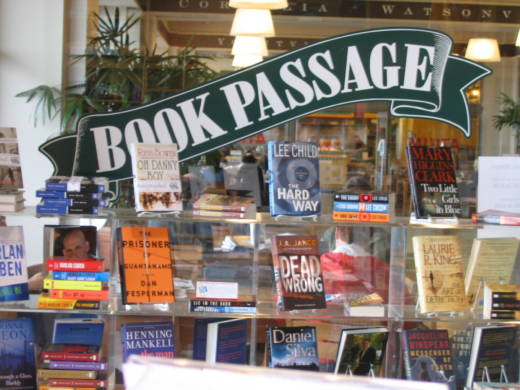A law originally intended to protect buyers of Star Wars paraphernalia has culminated in one Bay Area bookstore owner taking the State of California to court.
Bill Petrocelli, an owner at the independent bookstore chain Book Passage, filed a lawsuit in May against the state to overturn Assembly Bill No. 1570. The bill, which was officially enacted in January, expands California’s “autograph law” to put regulations on any autographed good or memorabilia item worth more than $5. The original “autograph law” was passed in 1992 to cover autographed sports memorabilia.
Bookstore owners such as Petrocelli fear the repercussions that AB 1570 could have on the future of independent bookstores. Under AB 1570, bookstores that sell autographed books and hold author events and talks — such as Book Passage, which holds around 700 speaking engagements annually across its three Bay Area locations — would run the risk of legal woes.
“This law was aimed at protecting people who bought collectible items — sports and entertainment memorabilia,” said Petrocelli. “It was drafted in such a way that it would apply to everything that has an autograph, which, in our case, is books. We don’t charge extra for the book. [The autograph] is done simultaneously in front of the customer. There’s a whole bunch of ways in which our situation is different from collectibles and memorabilia.”
The bill was written by former State Representative Ling Ling Chang to restrict the distribution of collectible goods with forged autographs. The original bill was famously advocated by Star Wars actor Mark Hammill, who has issued “counterfeit checks” (verifying or denying his autograph’s authenticity) for fans who have purchased signed memorabilia on Twitter.


